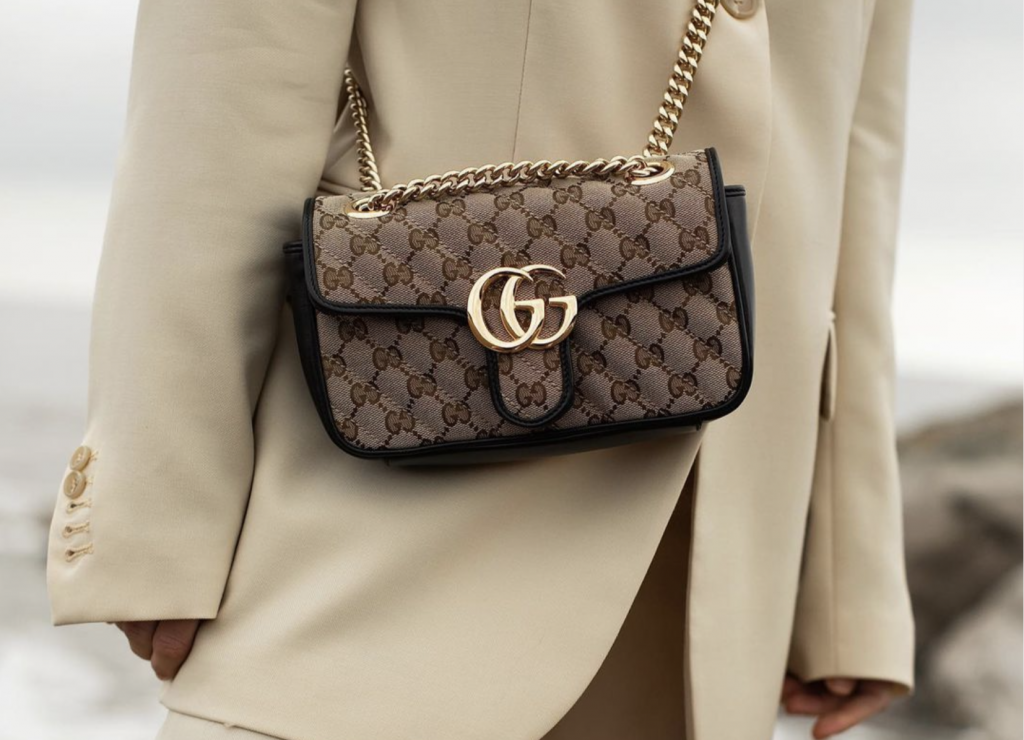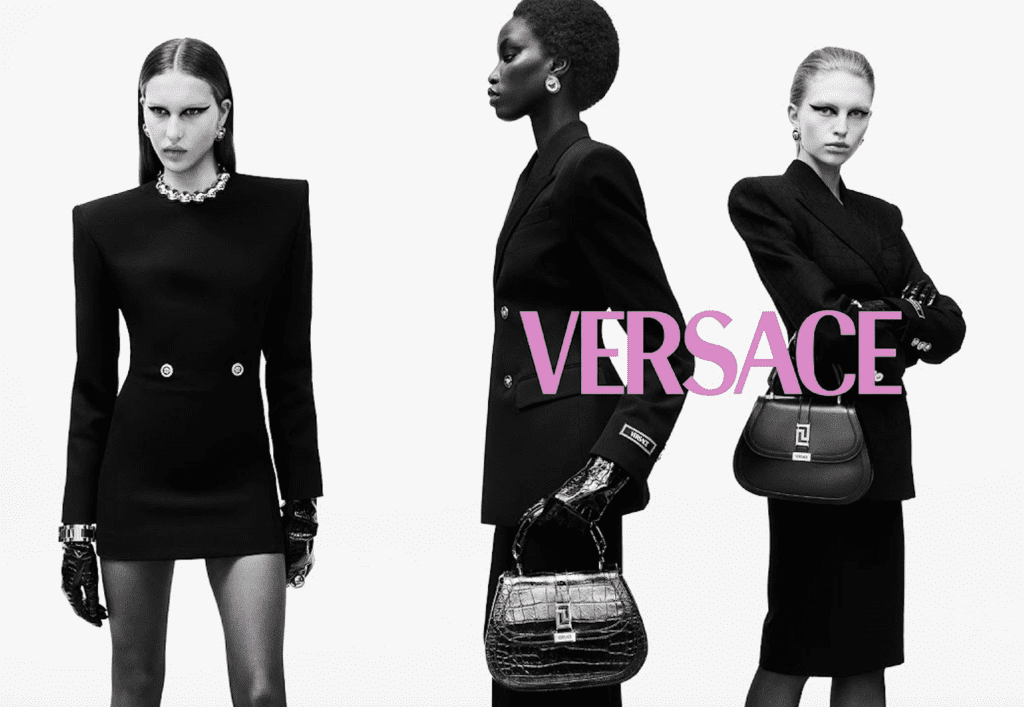Kering has taken an undisclosed stake in a luxury rental company, making it one of the biggest names in luxury to get behind the increasingly pervasive sharing economy. In a statement on Thursday, Kering announced that it has invested in Cocoon, a London-based startup that specializes in facilitating rentals for luxury handbags – including offerings from upwards of 30 brands, such as Kering-owned Gucci, Balenciaga, and Bottega Veneta – with the investment coming as part of a larger $3.5 million round that also included participation from resale platform Depop’s founder Simon Beckerman, among others. Kering’s chief client and digital officer Gregory Boutte said the deal is part of a larger strategy by the conglomerate to invest in innovative young companies.
“As part of this strategy, Kering, through its ventures arm, takes minority stakes in services and technologies for the next generation of luxury consumers,” Mr. Boutte said on Thursday. He stated that Kering’s investment in Cocoon “will enable us to monitor new consumption habits and digital practices,” noting that rental models are “very interesting,” particularly in light of the larger push for sustainability – and more specifically, circularity – in the fashion industry (and beyond).
Founded in 2019 by Ceanne Fernandes-Wong, Matt Heiman, and Maya Taras-Nelson, Cocoon describes itself as “a handbag rental subscription club” and “a community of people who would rather rent than own, [and] who see sharing as a way to enjoy designer fashion in a smarter, responsible, and less wasteful way.” In furtherance of its model, which experienced triple-digit growth since the spring of 2020, Cocoon gives its members access to “a range of fashionable new-season, vintage, and limited-edition bags on the market,” from the likes of Chanel and Louis Vuitton to an array of Kering-owned brands, by way of monthly and quarterly subscription plans that start at £49 ($68).
Cocoon’s co-founder and CEO Ceanne Fernandes-Wong stated that funding will be used to help scale the company and boost its tech and logistics capabilities, while also doubling-down on its aim to build relationships with luxury brands.
THE BROAD VIEW: Kering’s involvement in the round comes shortly after it made headlines for its investment in French resale platform Vestiaire Collective, another ahead-of-the-game move by the Paris-based conglomerate given that most luxury brands are still toying with how to – or more fundamentally, whether they should – get involved in the resale market. Involvement in the circular economy by brands is, nonetheless, becoming something of an expectation among young consumers, who luxury brands are so eager to reach. This is prompting brands across the fashion spectrum to consider ways to participate, while still ensuring that they have a hand in overseeing distribution conditions and marketing messaging, and of course, issues of authenticity, in order to maintain the carefully (and expensively) crafted images of luxury and exclusivity that their business model depends on. Hence, the hands-on partnerships and small ownership stakes, and as I argue here, the eventual consolidation of third-party resale and rental initiatives under luxury groups’ own roofs.
In line with their increasingly conscious views when it comes to consumption, many younger consumers (i.e., they very same individuals who will act as the core base for luxury brands’ revenue in due time) approach the idea of ownership of apparel and accessories in a different way than older demographics. As ThredUp noted in its annual resale report this week, some 83 percent of the consumers it surveyed said that they are more likely to view ownership as “temporary,” and thus, subject to multiple turnovers in furtherance of the larger sharing – versus ownership – economy. This approach seems to be quite neatly reflected in the rise of the resale and rental economies, with the apparel and accessories resale market expected to become a $77 billion beast by 2030.
At the same time, the global online clothing rental market – which has been increasingly garnering mainstream acceptance over the past decade or so (helped along, of course, by earlier-movers like Rent the Runway and Gwynnie Bee) – is slated to reach a value of $2.08 billion by 2025, exhibiting a CAGR of 8.7 percent between 2020 and 2025, according to Reach and Markets’ “Online Clothing Rental Market: Global Industry Trends, Share, Size, Growth, Opportunity and Forecast 2020-2025” report. That is just a tiny fraction compared to the size of the $300 billion global luxury goods market (Kering, alone, generated $15.77 billion in sales in 2020). Regardless, it is a striking opportunity for brands to communicate their values to Gen-Z and millennial consumers, in particular, and build valuable goodwill. Kering understands this.











